You can implement these now
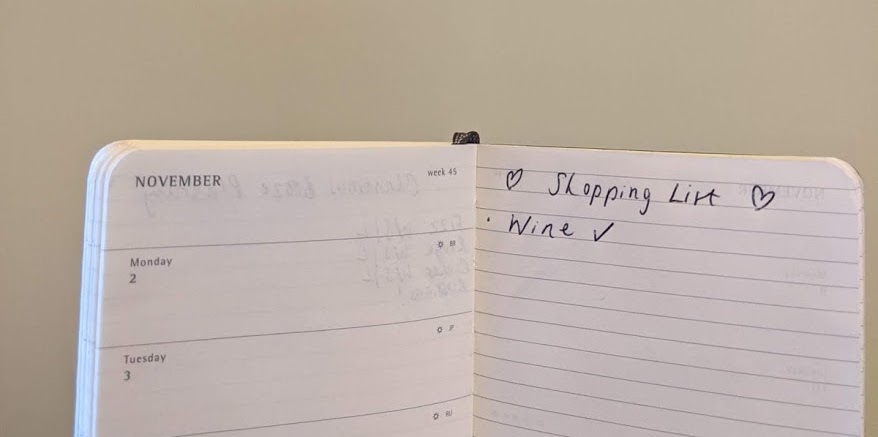
People get deep into hobbies, it’s wonderful. Like those who get up at the crack of sparrows fart and whizz round lycra-clad on their racing bikes with those pedals you clip your feet in to (I think the peddles are the bit I really can’t get on board with, even on a spin bike I feel like I’m about to topple sideways when I hear the click… the panic). I never thought I would find a pursuit that I would love as much, but I have reached that peak of enthusiasm for wine. For the love of wine, I’m bringing to you 5 quick tips for you to get better at buying wine that you can implement easily now.
- Track the wines you try
If you’re anything like me, you want to live in the moment and not sit there with a notepad noting down each wine you try, so I use an app to record the wines I try. You’re never far away from your phone particularly when you’re out and can generally scan the label which is quick and efficient. My personal favourite is Vivino. With Vivino you can scan the label to search their database or even take pictures of a wine list for ratings. Or if you want to save even more time, snap a pic of the label and upload the review later. Noting down the wines you drink helps you keep track of your preferences and you will start to see some similarities appear.
2. Make a list of your favourite wine
Take some time to make a list of your favourites. This will help you find more of what you like when you’re next wine shopping. Maybe Rioja appears on your list (for good reason). It’s made from the Tempranillo grape variety, so try a Tempranillo that’s grown in another part of Spain or somewhere else in the world. Or you could try a wine with a similar taste profile – a bold fruity red, with the acidity and tannic structure of a blood orange, sometimes with a hint of vanilla and spice. A wine with a similar taste profile is an Argentinean Malbec. Now, if you want to get bike enthusiast levels of deep about it, take a look at the terroir (climate, growing conditions, soil types and geographical location) and choose more wines to try that way. So wine with a similar terroir to Rioja could be wines from the Languedoc region.
3. Buy something you’ve never heard of
Knowledge is power and this is the most fun way to expand your repertoire. It’s like exploring a new city but cheaper and less disappointing if it’s a disaster. If you don’t like it, you can put the lid back on and use it for cooking. But like the fun of travelling somewhere new and finding a cool restaurant, discovering something you love is hugely satisfying.
4. Find a good wine merchant near you
Find a decent wine merchant near you and visit. The people who work in wine merchants are knowledgeable professionals who – if they’re good at their job – are passionate about wine. Talk to them about what you like, your budget and the occasion and listen to their recommendations. The more you visit your favourite wine merchant, the more you’ll learn about wine and the better your purchases will be. In turn, they’ll learn what you like and be able to steer you towards new exciting things as they come into the shop.
5. Open your mind to natural, biodynamic and organic wines
I was skeptical of the natural wine movement to say the least. I didn’t know that much about it and my first conscious experiences of it were more the wines from the apple cider spectrum – and I felt like if I’m going to be drinking something that tastes that way, I’ll have a Bretton Cider thanks. I felt it really was unnecessary expensive too. Hands up – I was wrong. I’m going to explain why. To give you as quick lowdown of each as I can – I could write a feature about this ha, let’s start with natural wine.
Natural wine is low intervention, both in terms of growth and production. The growing conditions are respectful to the environment, with no artificial pesticides. The winemaking itself is true to the more ancient methods of production, with no extra chemicals being used to alter the flavour or preserve it.
Organic wine is made from organic grapes (nothing artificial used in the grape growing) and doesn’t have any artificial additives.
Biodynamic wine is part witchcraft but also organic and super respectful to the land. Biodynamic vineyards follow a strict astrological program of vineyard care which involves among other things, burying cow horns to make ‘tea’ for the land (yep). Again, low intervention in production and you won’t find any artificially made additives in Biodynamic wines. Even if astrology isn’t your bag, you have to appreciate the immense effort by winemakers who produce in this way.
Ok, now we have the definitions down I’ll explain a little further as to why I think that wines under the natural umbrella are best. First up, no artificial chemicals used the winemaking and production. This is a big win for both the environment and your future self – that’s right, because there’s less extra stuff added to make the wines taste a certain way, you won’t get a big hangover. This is something I’ve road tested a fair bit and so far haven’t been defeated. But unfortunately keeping plants alive whilst respecting the environment doesn’t come cheap (remember that plant you lovingly tended to all lockdown only for it to die instantly when some little white bugs somehow made it on to the leaves? WHY ROSEMARY PLANT WHY) hence the heftier price tags. I’m not a big fan of the cider spectrum of natural wines and the great news is there’s a whole plethora of different wines that don’t taste that way! Do you research and you can find one that tastes like watermelons zinging away with sweet cherries with just a hint of festive spice. I could write an essay on this. I might.
I mis sold this as a short list to you – unless you just read the heads which is what I nearly always do with all listicles. Oh self-realisation what is my purpose? What is life?! Anyway, one final piece of advice before we part ways – don’t be afraid of looking amateur. Ask lots of questions and talk to everyone who wants to about wine because you nearly almost always learn something. Are there any tips I’ve missed on this list that help you? Do I need to write an essay about natural whine? Tell me in the comments below.
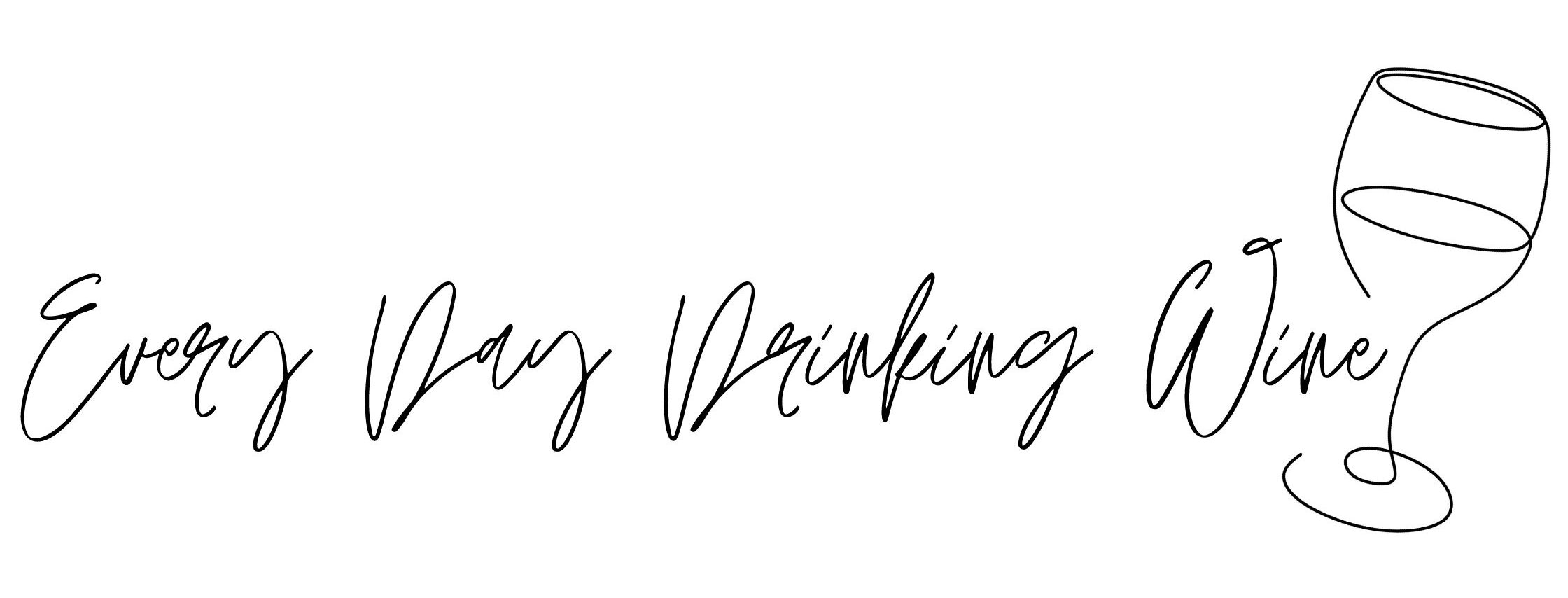
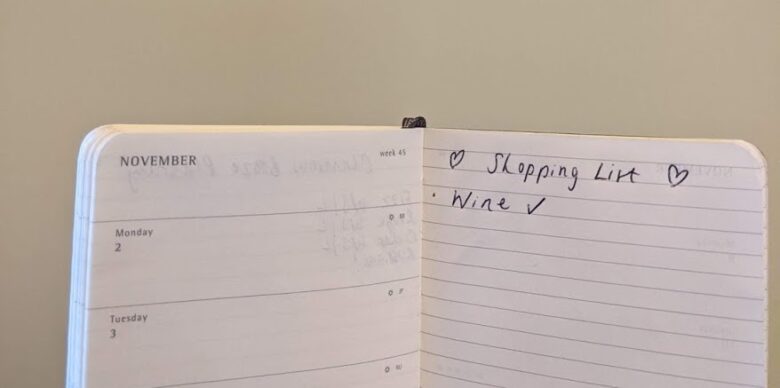
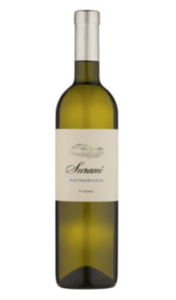
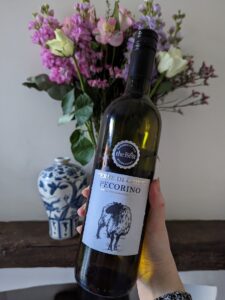
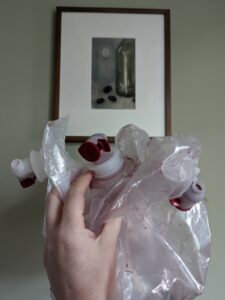
Comments
Yes please tell us more about natural wine!
Author
Thanks for reading chika! I will write an entire essay about it ?
Pingback: What wine should I drink whilst watching Peep Show? – Every Day Drinking Wine